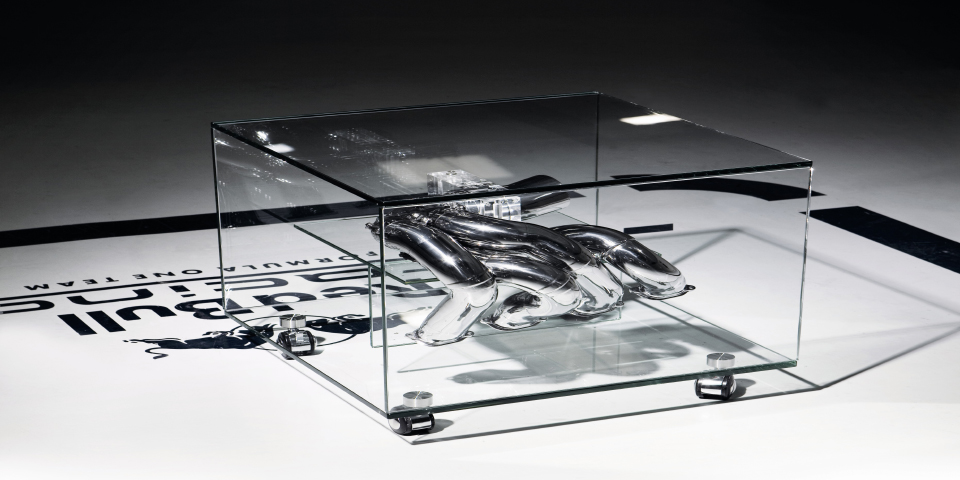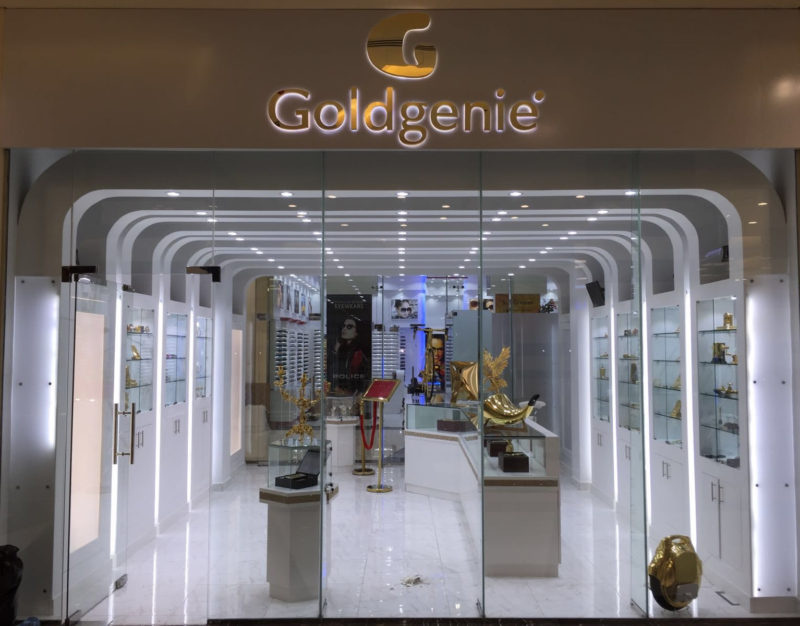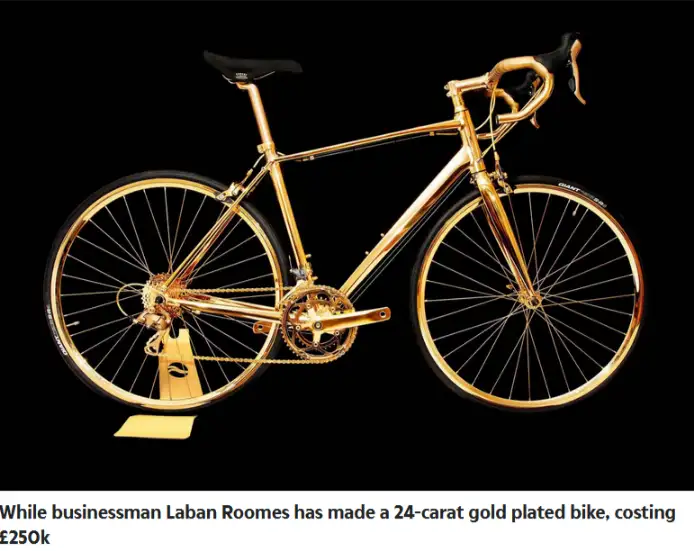Gold Jumps vs. Euro
From Adrian Ash
Correlation Turns Negative Above $1400, as “Contagion” Hits Eurozone Bonds
THE PRICE OF GOLD gave back an earlier rise in London trade on Thursday morning, still recording its third-highest ever Gold Fix – and the fourth Fix this week above $1400 an ounce – as Asian stock markets closed marginally higher but European share markets stalled.
US crude oil contracts had leapt to a fresh two-year high above $88.50 per barrel in Asian trade. Three-month copper futures in London touched a new all-time record at $8966 per ton.
The gold price in Euros meantime jumped within 2% of June’s all-time high, hitting €33,250 per kilo as Greek, Irish, Portuguese and Spanish government bonds all slumped – dragging the single currency back to yesterday’s 1-month low – after a Greek official said Athens’ 2010 budget deficit will hit 9.3% of GDP, rather than the 8.1% set by the joint European Union/IMF €110 billion support package.
Last year’s Greek budget deficit is also being revised higher, the official said, rising above 15% of GDP.
“Does the [European Central Bank] understand the concept of contagion?” asks RBS bank’s Jacques Cailloux in a note.
“The collapse of the Irish bond market [on Wednesday] is testimony that the periphery crisis is developing faster than any European policy maker had anticipated. The ECB should be more proactive and support Spain before the crisis spreads.
“Now is [the] time to act.”
The gold price in Euros has now risen 7.3% since the single currency began falling a week ago from new 2010 highs to the Dollar.
At Thursday’s AM Gold Fix in London, the daily correlation between Dollar-Gold and the Euro/Dollar exchange rate turned negative for the first time in nine weeks (rolling 1-month basis).
During the first nine years of the single currency’s existence, gold and the Euro averaged a strong, positive correlation of 0.50 against the Dollar. That figure would read +1.0 if they moved precisely in lockstep.
The correlation has now been negative – with the Euro and gold moving in opposite directions – on 104 out of 219 trading days in 2010 to date.
“The strong theoretical relationship between gold prices and peripheral European sovereign CDS [credit-default insurance] rates will need to be reappraised” however, reckons the latest Commodities Weekly from Natixis bank, following Germany’s proposed changes to the Eurozone’s €440 billion emergency rescue fund.
“Private bondholders will henceforth be expected to bear some of the costs in the event of a default or restructuring…instead of leaving tax payers to foot the entire bill,” write Nic Brown, Lysú Páez-Cortez, Bernard Dahdah and Micaella Feldstein.
For now, “the strong positive relationship still exists. [But] the explicit removal of a full bail-out for bond holders means many holders of Euros may feel less exposed to a potential sovereign default” via monetary inflation.
“German households already hold more gold that the Bundesbank – the world’s second largest central bank holder of gold,” Natixis’ team concludes. “Merkel’s proposed reforms may give them more comfort in holding Euro cash or core-European government debt instead.”
Meantime on the data front this morning, Machine Orders in Japan reversed an earlier 10% month-on-month rise, while its Tankan survey showed a sharp decline in business sentiment.
New Zealand reported a jump in domestic food prices, but Australia reported a surprise jump in its jobless rate – news that “failed to dent buying interest” amongst Chinese gold traders however, and “bullish demand” for precious metals continued, according to a Hong Kong dealer, when Beijing reported slower-than-expected but still stellar growth in both Industrial Output and Retail Sales.
China’s consumer-price and factory input inflation both rose sharply last month, other new figures showed.
Despite a slight rise in deposit rates, the real rate of interest paid to cash savers fell in October to minus 1.9% per year.
“US monetary policy made a very big mistake under Greenspan and Bernanke,” said Nobel-winner and Columbia professor Joseph Stiglitz in a speech today.
“Hong Kong should recognize that it is a very big mistake, and use a full gambit of instruments to stabilize the market,” said Stiglitz, urging exchange controls across the world’s emerging economies to block “hot money” investment fleeing sub-zero real rates in the rich West.
“China has had capital controls on short-term flows that have worked, not perfectly, but have worked to stabilize [in]flows.”
“We are going to be moving into a new global regime in which we will have all kinds of impediments on the flows of capital, of short-term capital.”
“The real issue is…how do we coordinate policy?” India’s chief negotiator Montek Singh Ahluwalia asked Reuters today, as the G20 summit of developed and top emerging-economy politicians began in Seoul, South Korea.
“I don’t think you should be too demanding…because such policy coordination has never been attempted before.”
Adrian Ash
Gold price chart, no delay | Buy gold online at live prices
Formerly City correspondent for The Daily Reckoning in London and head of editorial at the UK’s leading financial advisory for private investors, Adrian Ash is the editor of Gold News and head of research at BullionVault – winner of the Queen’s Award for Enterprise Innovation, 2009 and now backed by the mining-sector’s World Gold Council research body – where you can buy gold today vaulted in Zurich on $3 spreads and 0.8% dealing fees.
(c) BullionVault 2010
Please Note: This article is to inform your thinking, not lead it. Only you can decide the best place for your money, and any decision you make will put your money at risk. Information or data included here may have already been overtaken by events – and must be verified elsewhere – should you choose to act on it.












